ANTHROPOLOGY
AND THE
HUMAN SUBJECT
BRIAN MORRIS
Order this book online at www.trafford.com
or email orders@trafford.com
Most Trafford titles are also available at major online book retailers.
Copyright 2014 BRIAN MORRIS.
All rights reserved. No part of this publication may be reproduced, stored in a retrieval system, or transmitted, in any form or by any means, electronic, mechanical, photocopying, recording, or otherwise, without the written prior permission of the author.
ISBN: 978-1-4907-3104-9 (sc)
ISBN: 978-1-4907-3103-2 (hc)
ISBN: 978-1-4907-3105-6 (e)
Library of Congress Control Number: 2014905158
Because of the dynamic nature of the Internet, any web addresses or links contained in this book may have changed since publication and may no longer be valid. The views expressed in this work are solely those of the author and do not necessarily reflect the views of the publisher, and the publisher hereby disclaims any responsibility for them.
Any people depicted in stock imagery provided by Thinkstock are models,
and such images are being used for illustrative purposes only.
Certain stock imagery Thinkstock.
Trafford rev. 04/03/2014
 www.trafford.com
www.trafford.com
North America & international
toll-free: 1 888 232 4444 (USA & Canada)
fax: 812 355 4082
CONTENTS
To: Tony Atcherley
The German philosopher Immanuel Kant famously defined anthropology as the study of what it means to be a human being. Following in his footsteps, Anthropology and the Human Subject provides a critical, comprehensive, and wide-ranging investigation of conceptions of the human subject within the Western intellectual tradition, focusing specifically on the secular trends of the twentieth century. Encyclopaedic in scope, and lucidly and engagingly written, the book covers the many and varied currents of thought within this tradition. Each chapter deals with a specific intellectual paradigm, ranging from Marxs historical materialism and Darwins evolutionary naturalism and their various offshoots, through to those currents of thought that were prominent in the late twentieth century, such as, for example, existentialism, hermeneutics, phenomenology, and post-structuralism. With respect to each current of thought, a focus is placed on their main exemplars, outlining their biographical context, their mode of social analysis, and the ontology of the subject that emerges from their key texts. The book will appeal not only to anthropologists, but also to students and scholars within the human sciences and philosophy, as well as to any lay person interested in the question: What does it mean to be human?
Brian Morris, Emeritus Professor in Anthropology at Goldsmiths College, University of London, is the author of numerous articles and books on ethnobiology, religion, and symbolism, hunter-gatherer societies, anarchism, and concepts of the individual. His books include:
Insects and Human Life (Berg, 2004), Kropotkin: The Politics of Community (Humanity Books, 2004), Richard Jefferies and the Ecological Vision (Trafford, 2006), Religion and Anthropology (Cambridge University Press, 2006), and Pioneers of Ecological Humanism (Book Guild, 2012).
Ambitious in scope and encyclopaedic in execution his style is always lucid. He makes difficult work accessible. His prose conveys the unmistakable impression of a superb and meticulous lecturer at work.
Anthony P. Cohen
Journal Royal Anthropological Institute
There is very little I can add to the outstanding criticism Brian Morris levels at deep ecology insightful as well as incisive I have found his writings an educational experience.
Murray Bookchin
Institute of Social Ecology
Anthropology, according to many recent texts, is the study of What it means to be human. This was Immanuel Kants definition of anthropology, and Kant, along with Rousseau, Herder, and Ferguson, was one of the founding ancestors of the discipline. Although certain people write of some great divide or schism within anthropology, it has always had, inspite of its diversity, a certain unity of vision and purpose. Both Karl Popper and Mario Bunge described anthropology as the key social science, for it is unique among the human sciences in both putting emphasis and value on cultural difference (Herder), thus offering a cultural critique of capitalism and much of Western culture, while at the same time emphasising peoples shared humanity (Kant), thus enlarging our sense of moral community, and placing humans firmly within nature. Anthropology has therefore always placed itselfas a comparative humanistic scienceat the interface between the natural sciences and the humanities. In many ways it is an inter discipline, held together by also placing an important emphasis on ethnographic studies. Drawing therefore on both the Enlightenment and Romanticism, anthropology has always had a dual heritage combining both humanism and naturalism, interpretive understanding (hermeneutics), and scientific explanations of social and cultural phenomena.
This present text, according to my own understandings, is fundamentally an anthropological study. I say this because an earlier study of mine Anthropological Studies of Religion (1987) was harshly criticised by one anthropologist, who declared that it was not a work of anthropology in that it included critical discussions of Hegel, Marx, Durkheim, Freud, and Weber who (as everybody knows!) were not anthropologists, as then defined by Oxbridge scholars. But as I expressed it in the introduction to this work: Anyone who studies the human condition is, for me, an anthropologist. And Kant would certainly have agreed!
This book is not then a philosophical text, but an anthropological study, focused on the diversity of Western conceptions of the human subjectthus addressing Kants fundamental question: What is the human being?
But I have to admit, as I have expressed in other contexts, that I have never considered myself a real anthropologist. A respected colleague of mine, Father Matthew Schoffeleers, once told me that I was not an anthropologist, given my interests in ethnobiology and natural history and the fact that I did not employ a coterie of research assistants! Thus, I have never considered myself a real anthropologist, even though I was initiated into anthropology at one of its most illustrious shrines. In fact, I can claim to be a direct intellectual descendent, via Edmund Leach and James Woodburn, of Bronislaw Malinowski, one of the founders of British anthropology. I have rather always felt that I belong to a tribe of scholars that went extinct in the nineteenth century; they described themselves as naturalists, as students of natural history. My early intellectual heroes were therefore not anthropologists, not philosophers, or not even academics; they were people like Charles Darwin, Richard Jefferies, Peter Kropotkin, Ernest Thompson Seton, Jean-Henri Fabre, Frances Pitt, Seton Gordon, and W. H. Hudson. My intellectual tendencies and aspirations therefore tend to be that of an evolutionary naturalist, fundamentally realist and historicaland this will certainly be evident in the pages that follow.
I also have to admit that, in addition to being a student of natural history, I am something of a scholarly recluse; although like Dewey and Foucault, I have always looked upon myself, in vocational terms, as a teacher. I thus rarely attend academic conferences, do not have a literary agentthough I have published over twenty books on a diverse range of subjectsdo not belong to any academic coterie (scholars who go around supporting and promoting each others work with regard to a specific intellectual trajectorysuch as, for example, devotees of deep ecology and evolutionary psychology) and do not have any postgraduate acolytes or research assistants, which seems to be the norm among many contemporary academic scholars.
Next page
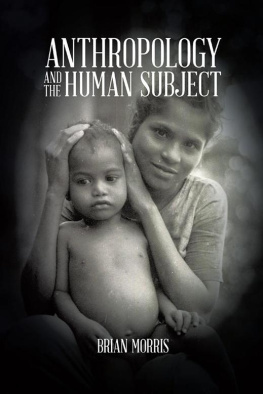
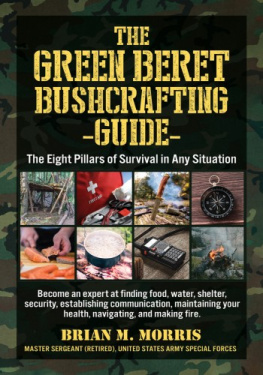
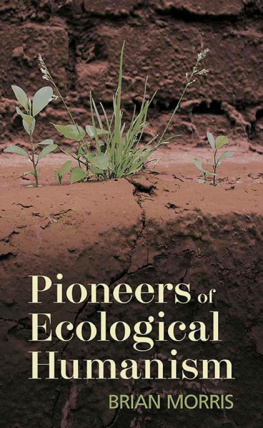
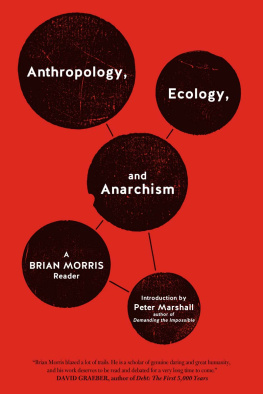

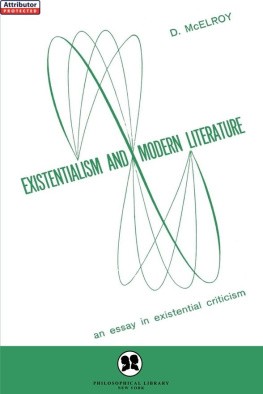
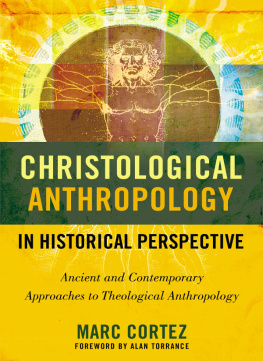
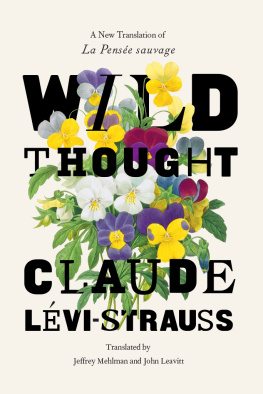
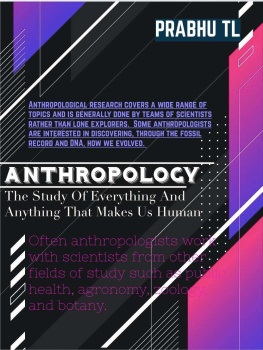
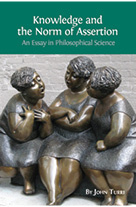
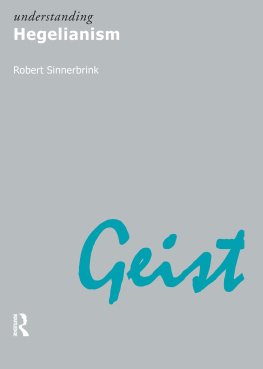
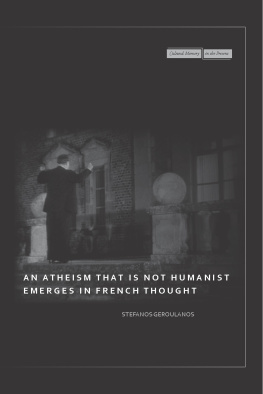
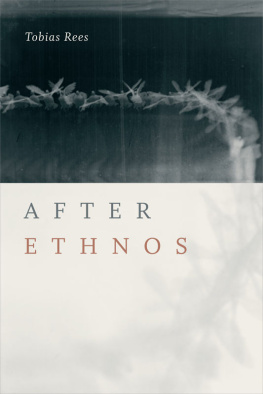
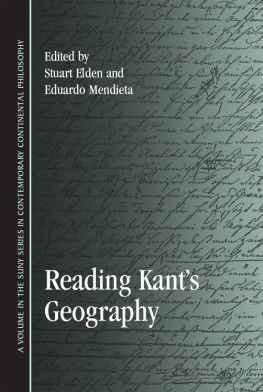
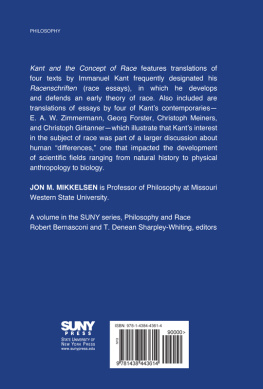
 www.trafford.com
www.trafford.com